- Clifton: 404.636.4073
- Clairmont: 404.315.6340
- Visit us on Facebook
Our Teachers
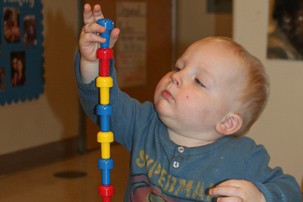
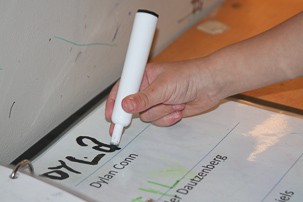

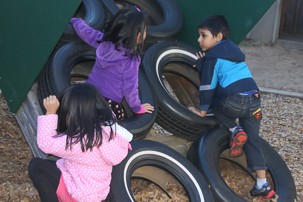
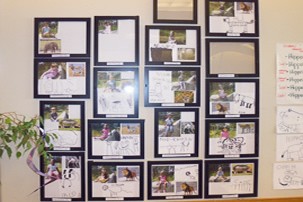
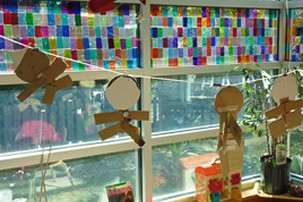
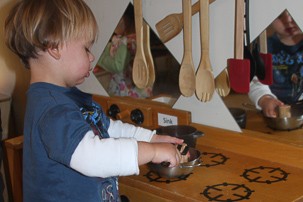
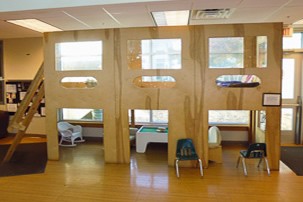
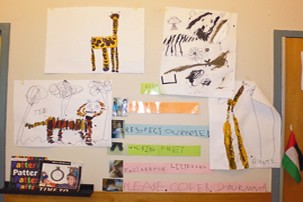
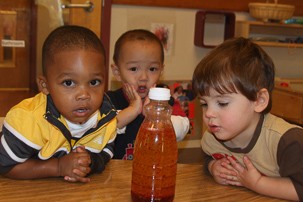
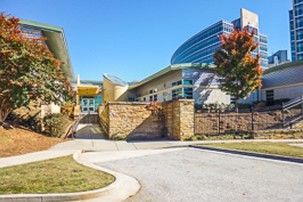
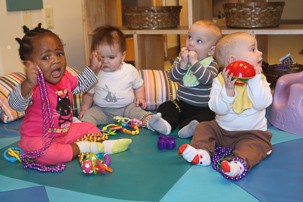
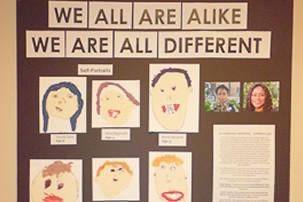
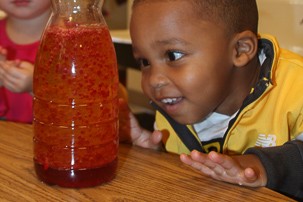
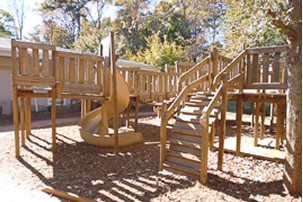

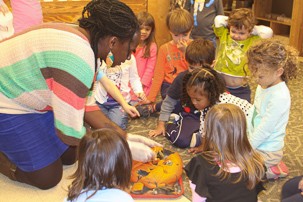
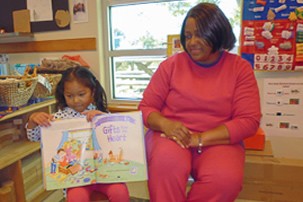
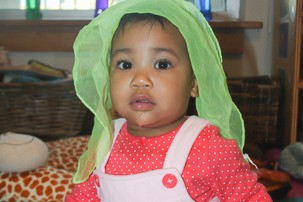
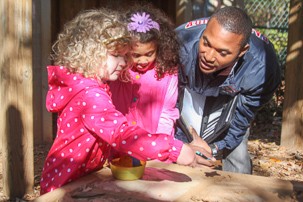
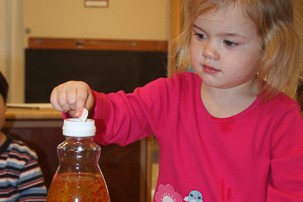
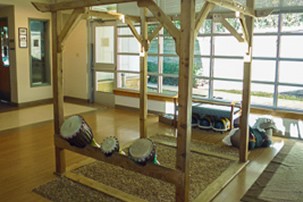
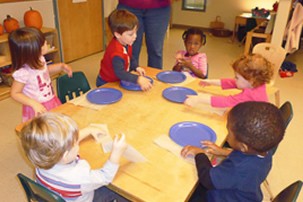
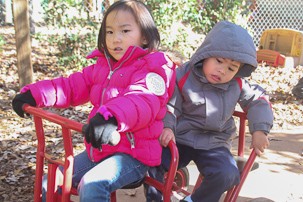
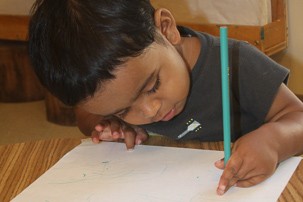
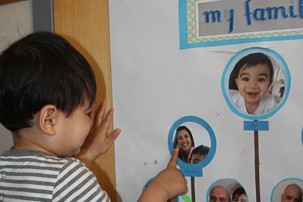
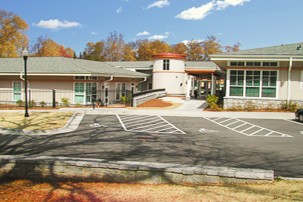
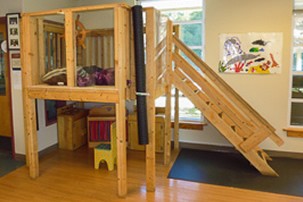
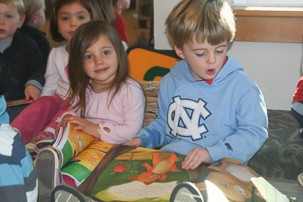
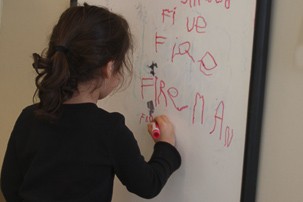
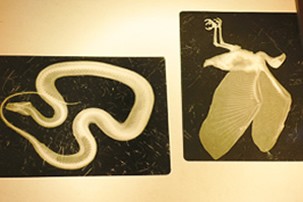
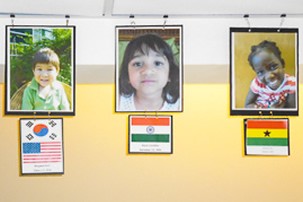
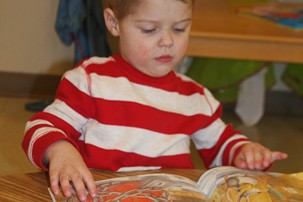
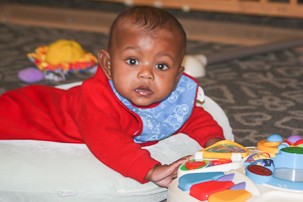
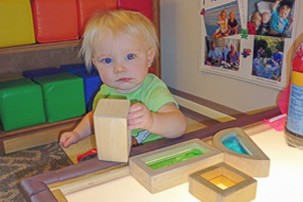
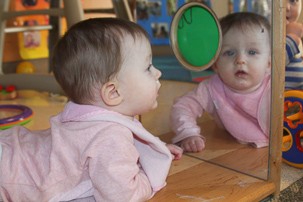
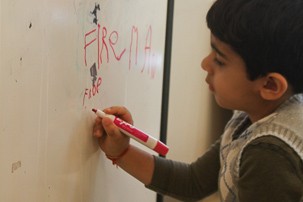
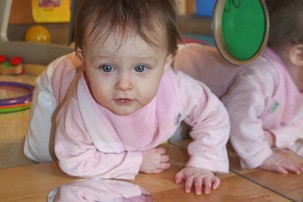
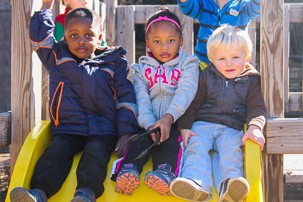
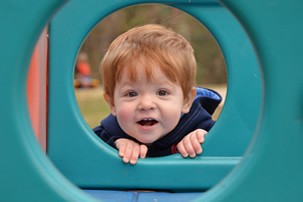
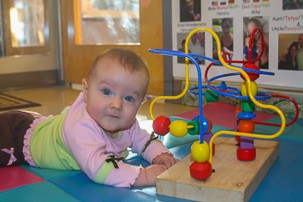
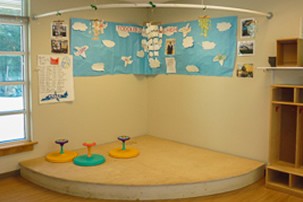
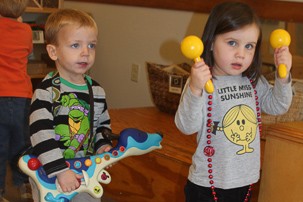
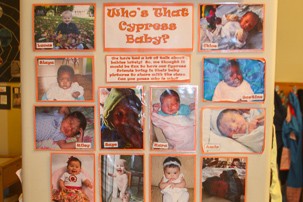
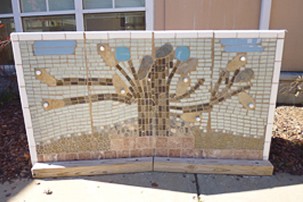
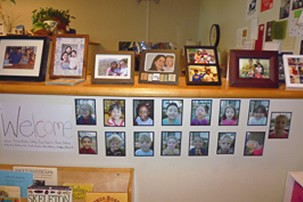
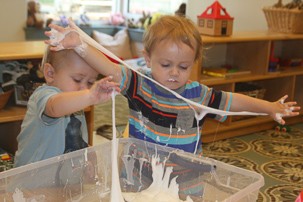
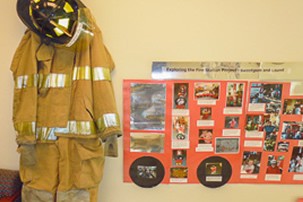
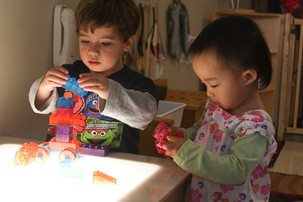
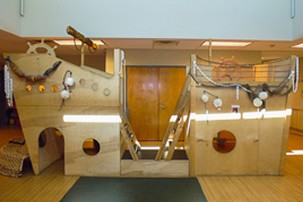
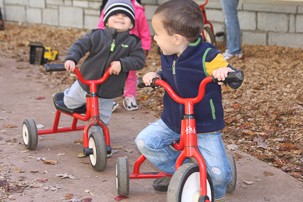
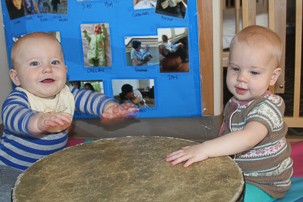
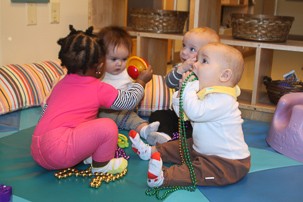
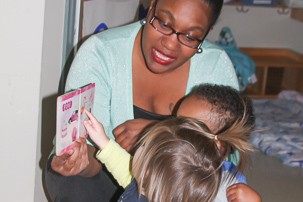
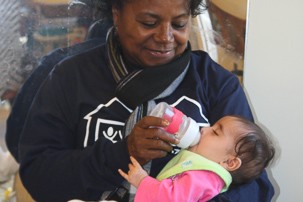
Staff
Can’t find something?
We provide regular on-going professional development training for our staff, with a strong emphasis on teacher collaboration. Opportunities include participation in weekly planning meetings and monthly faculty meetings, attending conferences and in-services, and working individually with consultants in the classrooms.
All of our teachers meet the National Association for the Education of Young Children (NAEYC) accreditation standards, which require a Child Development Associate Credential (CDA), A.A., or B.A. in Early Childhood Education.
As a partner in educational work-study programs with Emory and other nearby universities and colleges; paraprofessionals, volunteers and student teachers often join us.
All staff members also have extensive background checks, and receive CPR and First Aid Certifications, as well as universal precautions training.
Our teachers:
- Provide nurturing, respectful, encouraging relationships with each child.
- Create an exciting, inviting, aesthetically pleasing environment with an emphasis on natural material.s
- Observe children closely, document learning, and use these observations as a basis for planning.
- Facilitate children’s expression of knowledge through representational media.
The Curriculum Coordinator
In constructivist-based practices, there is a shared belief that children have within them an innate understanding of how to relate to the world and ac natural curiosity which drives them to learn more. Children are not assumed to be empty vessels to be fill with instruction; they are seen as ready to learn when the right, best, or most appropriate opportunities are offered.
The curriculum coordinator’s work at The Clifton School is to develop these kinds of opportunities and to assist teachers with consultation and planning that will facilitate and nurture this ability in children so that they can grow and learn.
As the interests of the children in each classroom are often vastly different, the curriculum coordinator works closely with the teachers to provide a curriculum structure that enables children to investigate their interests more deeply, answer their questions for themselves, and to test out their theories.
On-going projects — usually in-depth studies of phenomena that happen in a child’s everyday life — may last for weeks, months, or even a year. These studies can cover a wide range of topics, such as math, language, and science concepts.
Additionally, the curriculum coordinator not only develops relationships with center staff, families, and children, but also engages in problem-solving with staff, exploring new options and reflecting on what is going on in the center as a whole.

